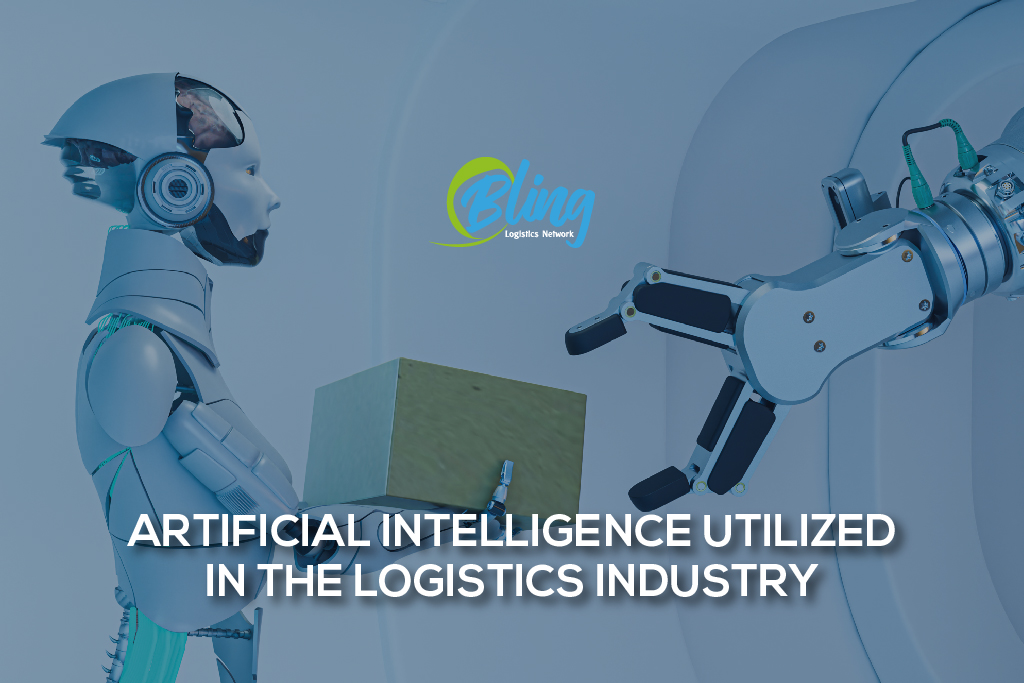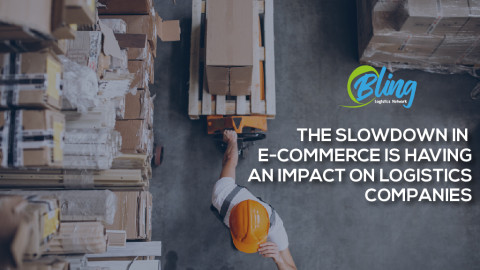Logistics, like many other industries, has been impacted by the emergence of new technologies, such as artificial intelligence (AI). The field of logistics has undergone a significant transformation due to the development of AI. Some of the most notable advancements enabled by this technology include warehouse automation, autonomous vehicles, predictive analytics, and smart roads. These technological innovations have the potential to automate and simplify a multitude of processes, thereby aiding companies in saving time and money.
MAJOR AI TRENDS IN LOGISTICS AUTONOMOUS VEHICLES
Autonomous vehicles are not a new concept, but their integration with artificial intelligence has brought about significant changes in the logistics industry. These AI-powered vehicles can transport goods, including vans, trucks, and buses, with or without a human driver.
Integrating autonomous vehicles in logistics can improve supply chain efficiency, reduce costs, and save time. More importantly, this technology has the potential to reduce accidents and contribute to a greener environment by reducing fuel consumption.
WAREHOUSE AUTOMATION THROUGH AI
Warehouse automation through AI is streamlining routine tasks and transforming the warehousing process, including data collection, analysis, and inventory management, which leads to greater efficiency and increased revenue.
AI is used to predict demand, modify orders, and redirect shipments in transit. This means companies can adjust their orders based on predicted demand and have high-demand goods delivered to local warehouses as needed. If there are multiple warehouses involved, AI can connect them to find the most efficient transport options.
Computer vision technology is also being used in warehousing to recognize and categorize items. In the future, this technology will eliminate the need for human supervision and enable quality control to be performed autonomously.
SMART ROADS AND THEIR BENEFITS IN LOGISTICS
Smart roads are becoming increasingly popular in the logistics industry as a way to harness the power of artificial intelligence. A number of companies are working to build these roads, which help improve safety and reduce supply chain delays caused by inclement weather.
Roads with fiber optic sensors are connected to the internet and can sense traffic conditions, warn drivers of upcoming traffic jams, and alert emergency services in case of accidents. All of these features help to make the roads safer and more efficient, which benefits both businesses and drivers.
IMPROVED DEMAND PREDICTION
The logistics industry relies heavily on efficient back-office operations, and AI is playing an increasingly important role in improving their speed and accuracy. The combination of AI with Robotic Process Automation (RPA) has resulted in cognitive automation, which can automate repetitive data-related tasks and improve employee performance, productivity, and accuracy. This technology can save time and money, allowing companies to replace some employees and reduce the probability of human error.
In conclusion, adopting new technologies such as AI can enhance the supply chain and logistics sector. Many companies worldwide are already leveraging the power of AI to streamline their operations. With AI’s ability to automate routine tasks, improve efficiency and accuracy, and reduce expenses while increasing customer satisfaction, it’s no surprise that it’s becoming an essential tool for the logistics industry.
April 3, 2023
You can find the original article at: https://www.ilscompany.com/the-role-of-artificial-intelligence-in-logistics/#








